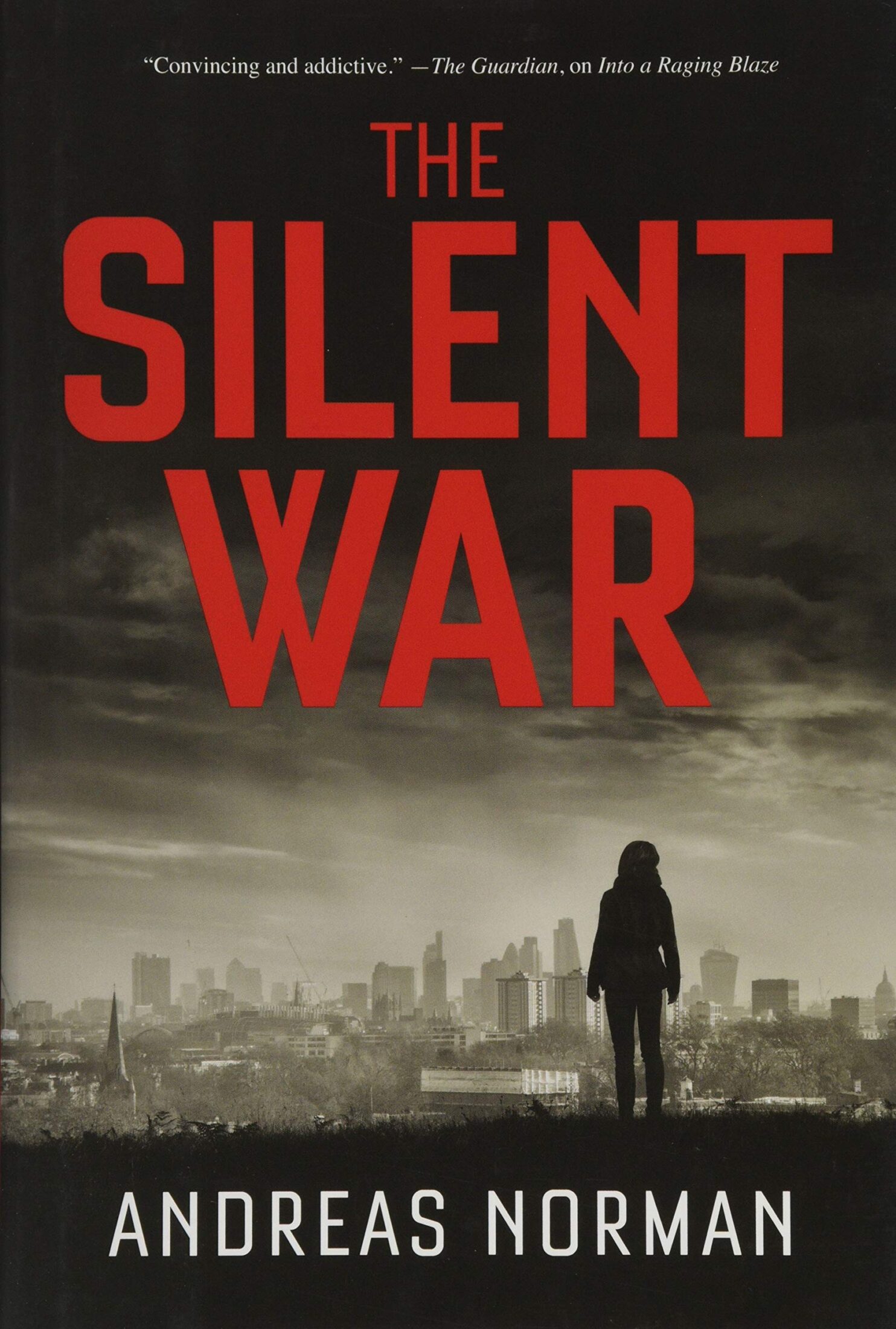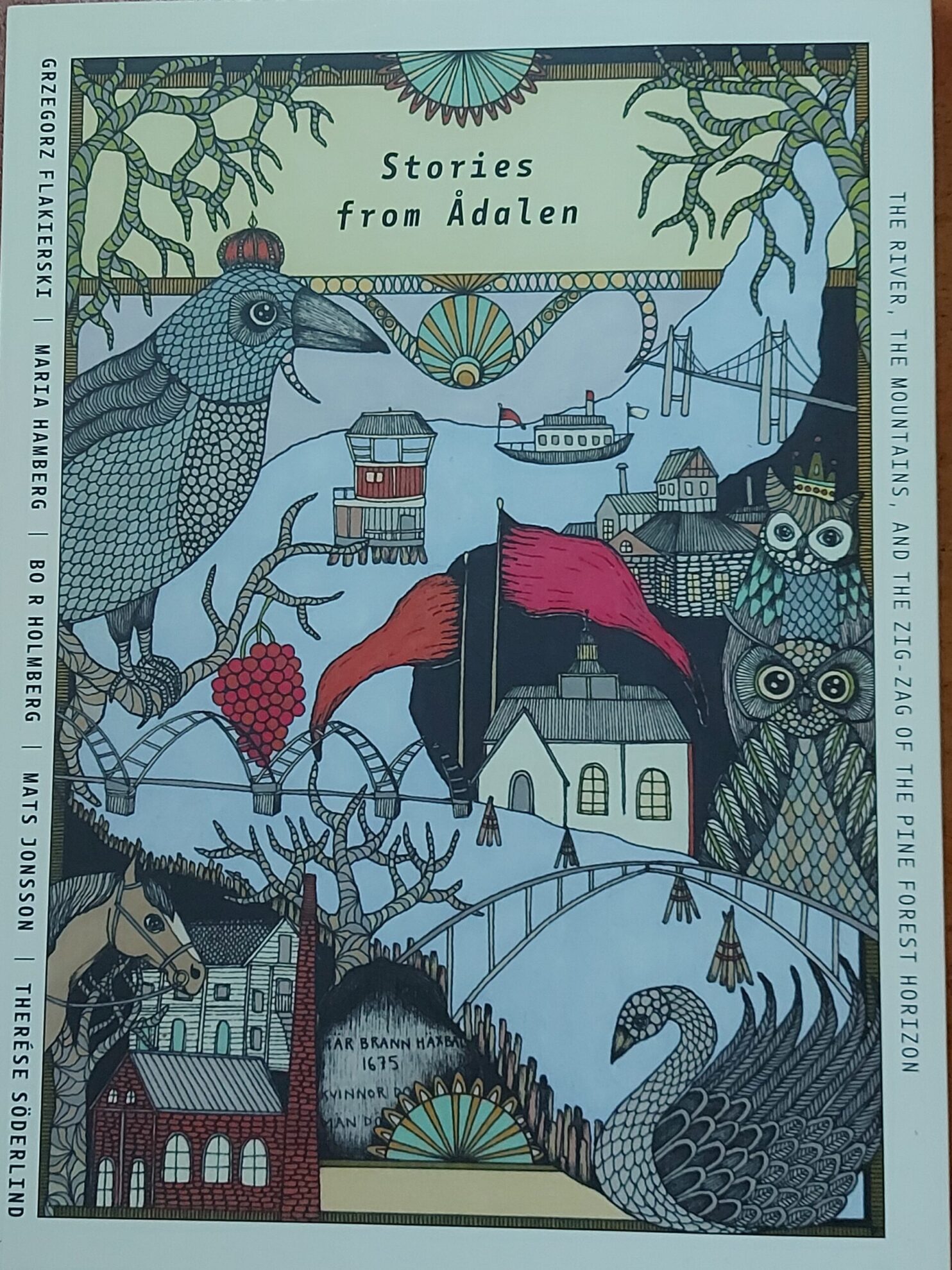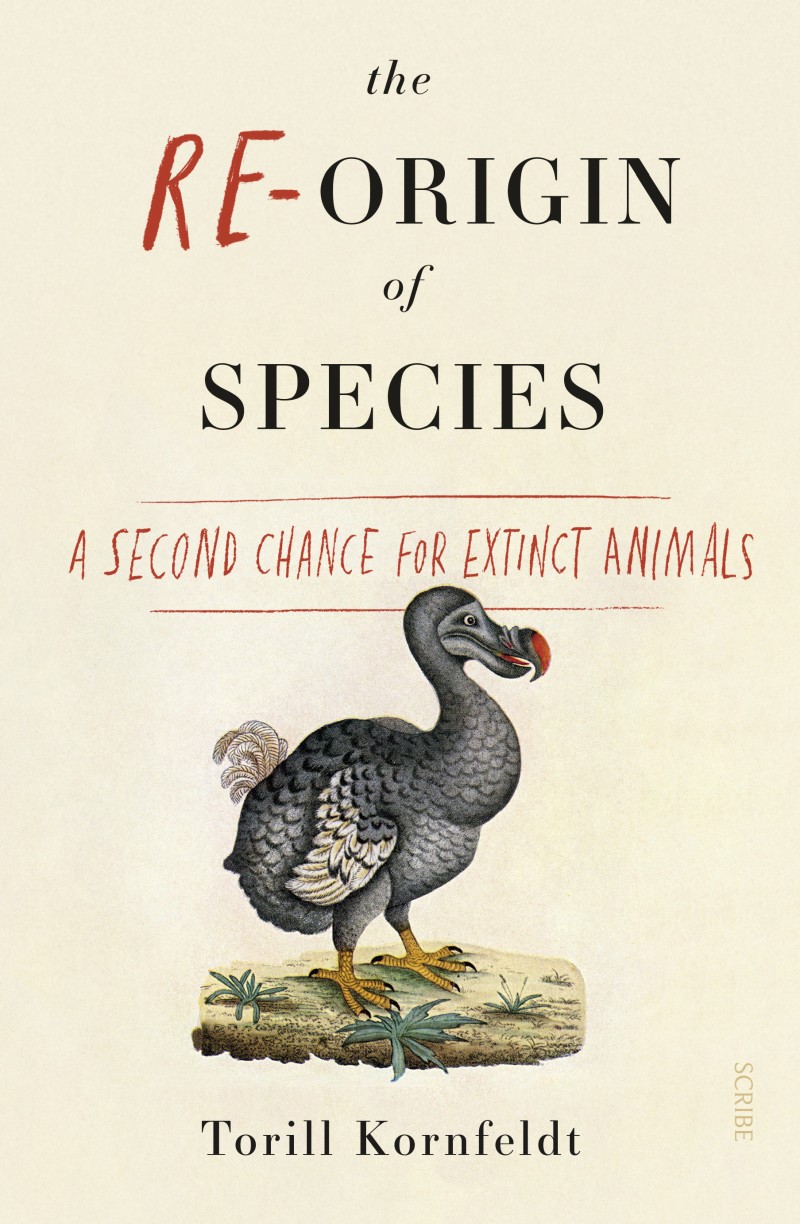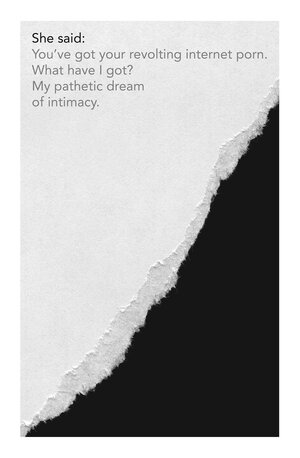Things My Son Needs to Know About The World
Translator: Alice Menzies
Author: Fredrik Backman
Publisher: Penguin
Year of Publication: 2019
“a tender and funny series of letters from a new father to his son about one of life’s most daunting experiences: parenthood.”
Stories from Ådalen
Translator: Kate Lambert
Author: Maria Hamberg, Grzegorz Flakierski, Mats Jonsson, Bo R Holmberg, Thérese Söderlind
Publisher: Kramfors kommun, Region Västernorrland, Länsstyrelsen Västernorrland
Year of Publication: 2018
Five stories from the history of Ådalen in northern Sweden. Witch trials, the labour movement, the logging industry, an engineering disaster and a graphic short story.
Maria Hamberg’s story of two brothers “Erik and Gustav” describes the collapse of the Sandö bridge in 1939, a tragedy overlooked due to the Second World War starting on the following day.
In Grzegorz Flakierski’s story “To Lunde” an old lady remembers the workers’ uprising in 1930 when the Swedish army was called in to stop the protest against strike-breakers and five people were killed.
Mats Jonsson’s contribution is an autobiographical comic strip translated by Mikael Weichbrodt.
Bo R Holmberg’s story “When the river was timber” is a clear evocation of life at the Sandslån log sorting station in the 1950s.
Thérese Söderlind’s final tale takes us far back to 1675 and the witch trials in which about seventy people were sentenced to death on the testimony of their children.
The Re-Origin of Species: A Second Chance for Extinct Animals
Translator: Fiona Graham
Author: Torill Kornfeldt
Publisher: Scribe Publications
Year of Publication: 2018
Could extinct creatures ever walk the earth again? A lively, inspiring and meticulously researched look at the science and ethics of de-extinction.
‘It’s a beautifully written and perceptive book, that also poses sharp questions about environmental nostalgia and the true value of species.’ – Number 4 of the ‘Best Books of the Year 2018’, Steven Poole, The Daily Telegraph
‘[T]he projects Kornfeldt writes about are incredibly compelling, given that we are living through a mass-extinction event that threatens the stability of the world’s ecosystems.’ – The New Yorker
‘The author’s careful synthesis of accomplishment versus aspiration is also spot-on—even world-class scientists will be dreamers, and there is much more research to be conducted before mammoths once again lumber across the tundra. Wondrous tales of futuristic science experiments that happen to be true.’ – Kirkus Reviews
‘In her cleverly titled book, The Re-origin of the Species, Swedish science journalist Torill Kornfeldt examines the world’s most famous (or perhaps most infamous) attempts to resurrect extinct species … Crisscrossing the globe to interview the world’s leading experts on de-extinction, she offers her personal impressions of their laboratories, their research, and even their motivations … The Re-Origin of the Species is a welcome addition to the growing corpus on de-extinction, and a strong debut by a gifted writer.’ – Abraham H. Gibson, The Quarterly Review of Biology, Stony Brook University.
Love/War
Translator: Kate Lambert
Author: Ebba Witt-Brattström
Publisher: Nordisk Books
Year of Publication: 2017
A “he said – she said” novel of marital breakdown, reconciliation and disillusionment told entirely in dialogue.
A nameless man and woman argue, remember, accuse, break up, reconcile and break up again, flinging insults, often in quotes from European literature and poetry to films and song lyrics. Described by the author as a homage to Strindberg and Märta Tikkanen, it has similarities with Tikkanen’s Love Story of the Century, after which it takes its Swedish title, Århundradets kärlekskrig (Love war of the century).
1947: When Now Begins
Translator: Fiona Graham
Author: Elisabeth Åsbrink
Publisher: Scribe Publications
Year of Publication: 2017
‘A skillful and illuminating way of presenting, to wonderful effect, the cultural, political, and personal history of a year that changed the world.’ – Kirkus Reviews
‘Åsbrink’s elegant prose (translated by Fiona Graham) offers a lyrical history of a year that seems both recent and ancient.’ – The Spectator
‘[Åsbrink’s] careful juxtaposition of disparate events highlights an underlying interconnectedness and suggests a new way of thinking about the postwar era.’ – The New Yorker
‘[A]n extraordinary achievement.’ – The New York Times
‘Åsbrink works with great subtlety, allowing us to make our own judgments and trace any parallels or echoes with the present. Fiona Graham deserves credit for her remarkable translation.’ – The National
‘Like an image created from a thousand juxtaposed pixels, Åsbrink builds a cumulative picture of 1947 … Less a work of history, her book is more like an ingeniously constructed novel.’ – The Jewish Chronicle
Longlisted for the 2019 JQ Wingate Prize and the 2018 Warwick Prize for Women in Translation. A 2017 English Pen award-winner, and a Metro book of the year (2017).






